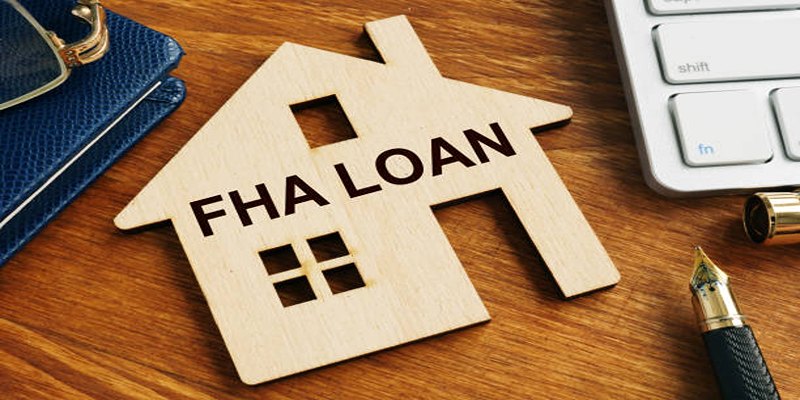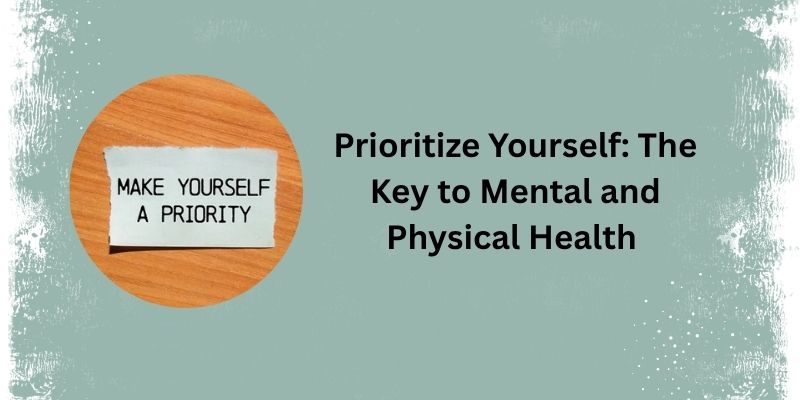Buying your first home isn’t just a financial move—it’s personal. Maybe you’re tired of paying rent or want something that’s truly your own. First-time home buyer loans promise to make that step easier with lower down payments and flexible credit options. But like anything that sounds helpful, there’s a mix of trade-offs behind the scenes.
These programs can open doors, but they can also come with fine print that’s easy to miss. If you're weighing whether to go this route, it's worth getting a clear picture of both the upsides and the not-so-obvious catches before signing the dotted line.
Pros of First-Time Home Buyer Loans
Lower Down Payment Requirements
One of the biggest reasons people turn to these loans is the lower upfront cost. Some programs let you buy a home with as little as 3% down. FHA loans, for example, only require 3.5% if your credit is decent. Compare that to the traditional 20% down payment, and it’s a huge difference.
A 20% down payment on a $250,000 home is $50,000. Not many first-time buyers have that in their savings. A 3.5% down payment, though, is $8,750. That's still a chunk of change, but it's much more manageable.
Easier Credit Qualification
Many first-time home buyer programs accept lower credit scores than standard conventional loans. FHA loans, again, are one example—they can work with credit scores as low as 580 and, in some cases, even lower if you're willing to put down a bit more.

These programs understand that first-time buyers might not have long credit histories. They're often designed to give a shot to responsible people who haven't built a perfect credit profile.
Access to Down Payment Assistance
Some cities, counties, and states offer grants or zero-interest loans to help cover your down payment or closing costs. These programs often go hand in hand with first-time buyer loans. You might get a few thousand dollars to meet income or location requirements.
Some of these are even forgivable, meaning if you stay in the home for a few years, you don’t have to repay them. That can remove a huge hurdle and help you get into a home faster.
Lower Interest Rates or Reduced Fees
Many first-time buyer loans come with slightly better terms than regular loans. This could mean lower mortgage insurance, reduced interest rates, or waived lender fees. Over time, this can save you thousands.
In some cases, government-backed loans are more stable and predictable. For example, fixed-rate FHA or USDA loans don't have balloon payments or sudden rate increases, which can be reassuring when starting.
Homeownership Education Resources
Most of these programs require buyers to complete a homeownership education course. It might seem like a chore, but it’s a good thing. The material helps new buyers understand budgeting, what to expect during the buying process, and how to avoid scams.
This kind of guidance can reduce mistakes and make people feel more prepared. For many folks, it's their first time dealing with contracts, inspections, and mortgages. A little education goes a long way.
Cons of First-Time Home Buyer Loans
Loan Limits and Income Caps
These programs aren’t always available to everyone. Some have income limits—if you make too much, you won’t qualify. Others have price caps on the home you’re allowed to buy, which might not match the market where you live.
Let's say the loan program in your area caps homes at $275,000, but most homes start at $325,000. You could end up boxed out or have to compromise on location or size.
Mortgage Insurance Can Stick Around
One big downside of government-backed loans like FHA is mortgage insurance. If you put less than 10% down on an FHA loan, you’ll pay mortgage insurance for the life of the loan—unless you refinance later. That’s different from conventional loans, where you can drop private mortgage insurance once you reach 20% equity.
This ongoing fee can add up. Even if the monthly amount seems small, it can become thousands of extra dollars.
Less Competitive in Hot Markets
Sellers often favor buyers with conventional loans. A first-time buyer loan might be seen as riskier or slower in a hot market where homes get multiple offers. That's not always fair, but it happens.

Some loans take longer to close or have stricter appraisal rules, making sellers nervous. If you're trying to compete with cash buyers or folks using conventional financing, your offer might get passed over.
Restrictions on Resale or Refinancing
Some down payment assistance programs come with strings attached. You may be required to live in the home for a certain number of years or face repayment if you sell or refinance too soon.
These restrictions aren't always obvious upfront. Reading the fine print or talking with a housing counselor is important to understand your agreement.
Higher Total Loan Cost
Even though these loans help you get into a home, they can be more expensive in the long run. Smaller down payments mean bigger loan balances. Mortgage insurance is added to the monthly payment. And if you're paying slightly higher rates or fees, it all adds up.
Over 30 years, those costs can outweigh the initial savings. It's not always a bad deal, but it's something to consider when examining the full financial picture.
Conclusion
First-time home buyer loans can open doors for people who cannot afford to buy. They offer smaller down payments, more flexible credit rules, and help with upfront costs. But there are trade-offs—like long-term mortgage insurance, resale limits, or higher total payments over time. These loans aren't one-size-fits-all. They work well for some but not for everyone. Take the time to understand the terms, run the numbers, and compare your options. A little patience now can save you money and stress down the road. Choose the path that fits your budget and plans.












